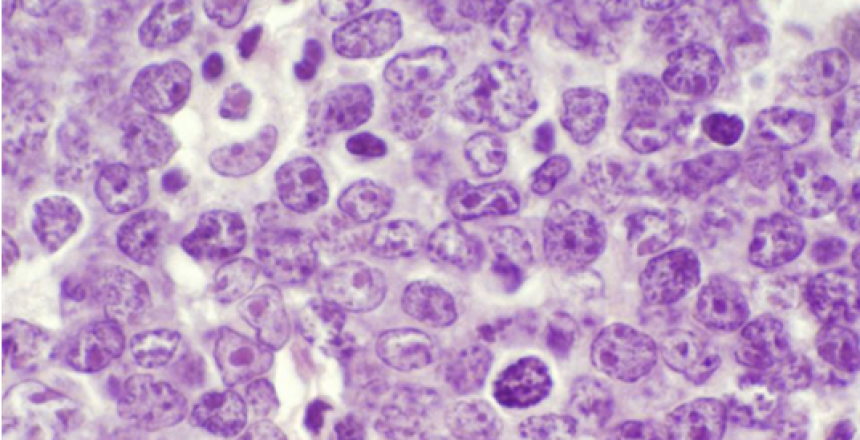Order GTC Hematology Expression/Fusion Profile
GTC Hematology Expression/Fusion Profiling provides highly informative and actionable data for patients with DLBCL as follows:
1) B-cell Markers:
This assay provides data on the expression of markers specific to B-cell. It will report the levels of expression of B-cell markers, including CD19, CD79A, CD79B, PAX5, CD22, and others. The levels of CD274 (PD-L1) will also be determined and reported. After confirming that the case is B-cell neoplasm, multiple algorithms and deep learning are used to determine the following:
2) Cell of Origin (COO):
Diffuse large B-cell lymphomas (DLBCLs) are clinically heterogeneous group and outcome varies significantly between patients irrespective of treatment protocol. However, determining the cell of origin (COO) in DLBCL has been reported by multiple studies to be helpful in distinguishing lymphoma arising from germinal center cells (GBC) with relatively less aggressive clinical course and non-GCB or activated B-cell (ABC). ABC DLBCL has significantly more aggressive clinical course and poor outcome. Both NCCN guideline and the World Health Organization (WHO) classification recommend subclassification of DLBCL into GCB and ABC, either using IHC or expression profiling. The current recommendations and various clinical trials suggest that therapy should be different for ABC subtype. Ibrutinib , lenalidomide or bortezomib should be considered in addition to R-CHOP therapy in patients with DLBCL and ABC subtype. Immunohistochemistry using antibodies for Bcl-6, CD10, and MUM-1 (Hans algorithm) are currently the most widely used method for determining COO or predicting outcome. However, the concordance rate between the expression profiling assay and the Hans algorithm has been reported to be around 73.6%. Therefore, we developed our expression profiling using NGS and validated it against other expression profiling and IHC. Our COO classification is highly reliable. It is based on using artificial intelligence (AI) to analyze the expression data and predict COO. Furthermore, based on analyzing more than 400 cases of lymphoma, this algorithm can further point out more aggressive features if detected within the GCB and the ABC groups.
3) Determining Double Hit Lymphoma (DHL)
Double hit lymphoma occurs in about 10% of DLBCL it is defined by translocations involving MYC and BCL2 or BCL6. Double hit DLBCL is almost always in GCB subtype. In principle, all translocations lead to overexpression, but when IHC is used, double-expressor lymphoma can be seen in higher percentage of patients. Different cut-off points for MYC and BCL2/BCL6 IHC-positive cells have been used to define double-expressor leading to controversy and variation in clinical relevance. The expression profiling allows us to determine the RNA expression levels of BCL2, MYC, and BCL6. Therefore, after determining the COO, we can determine if the case is double hit or not.
4) Determining the levels of Ki67 expression:
Levels of Ki67 will be determined to rule out the potential diagnosis of Burkitt lymphoma. High Diffuse Large B-Cell Lymphoma (DLBCL) expression of Ki67 mRNA is associated with poor outcome.
Specimen Requirements:
-FFPE: 1 H&E slide and 8-10 unstained slides, 5-7 microns of tissue fixed with 10% NBF fixative.
Shipping:
Ship using a cold pack. Ship with overnight delivery.
Turn Around Time:
7 days


